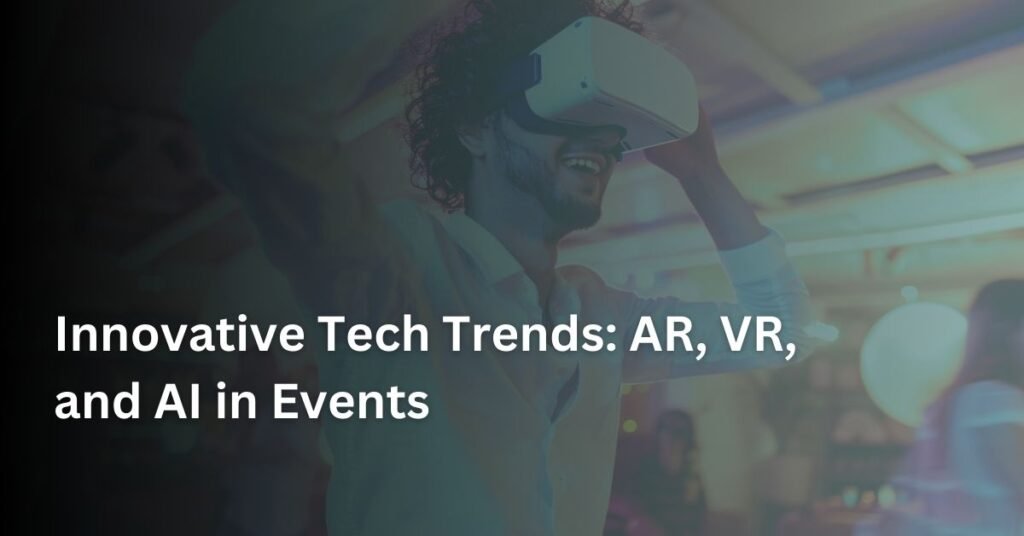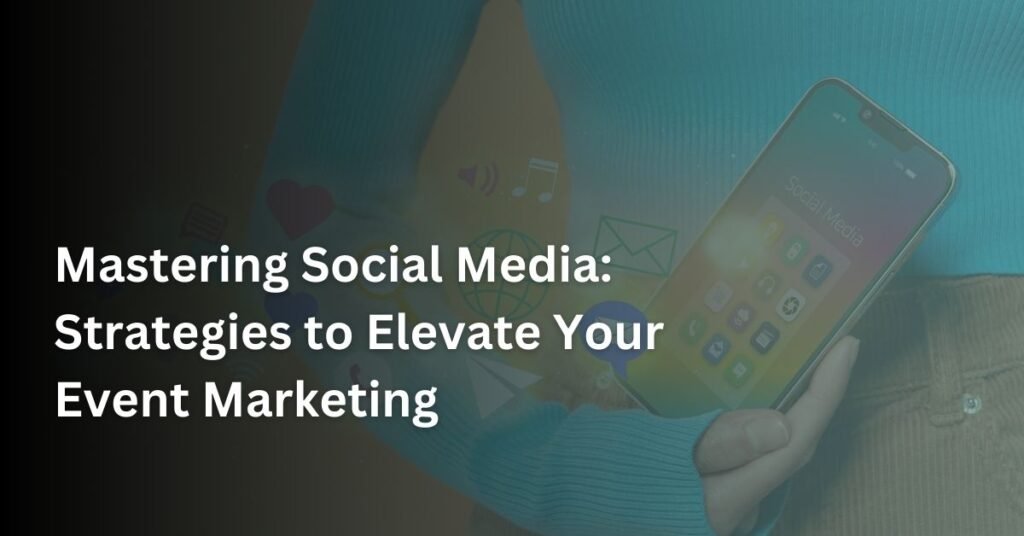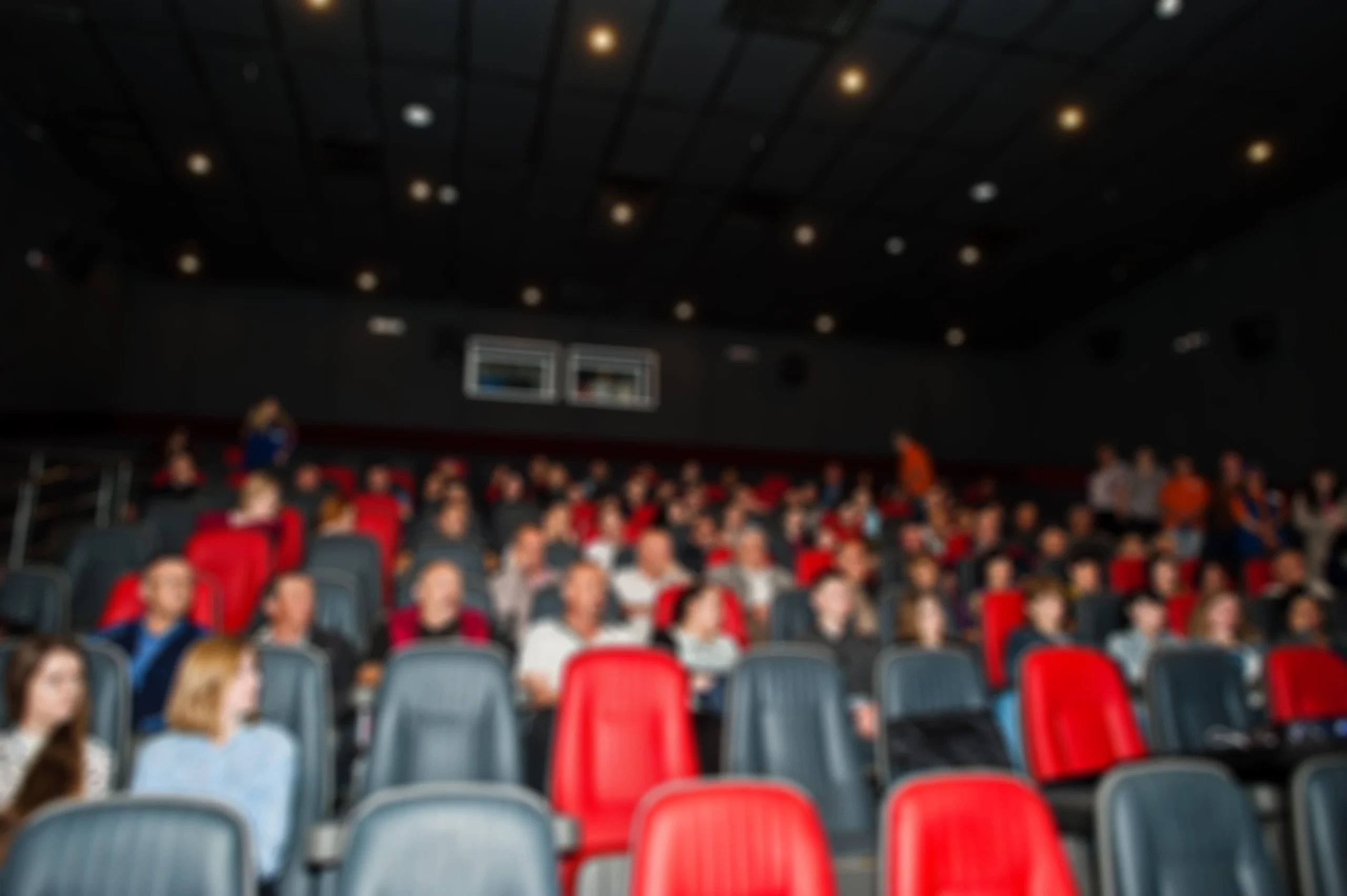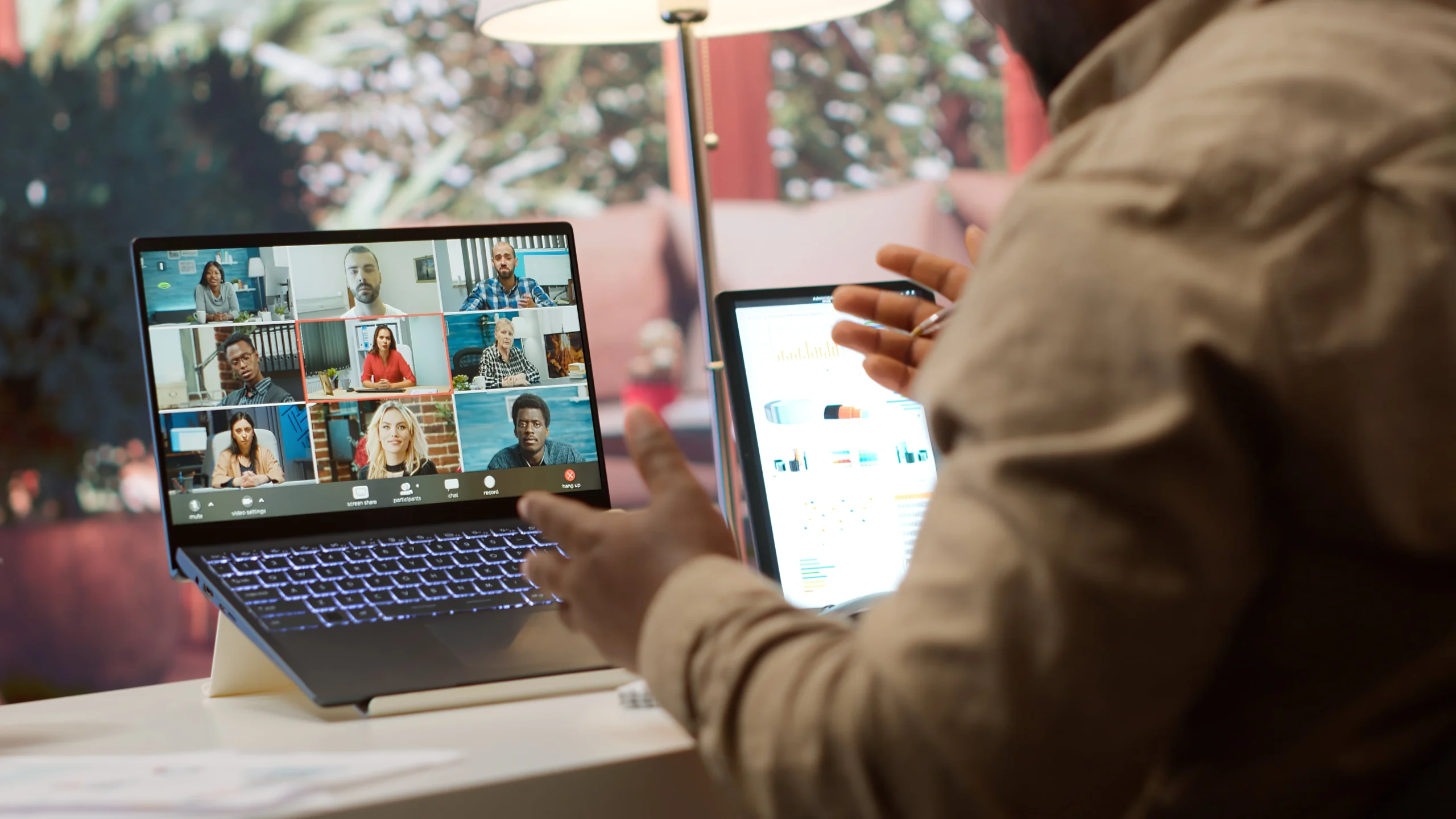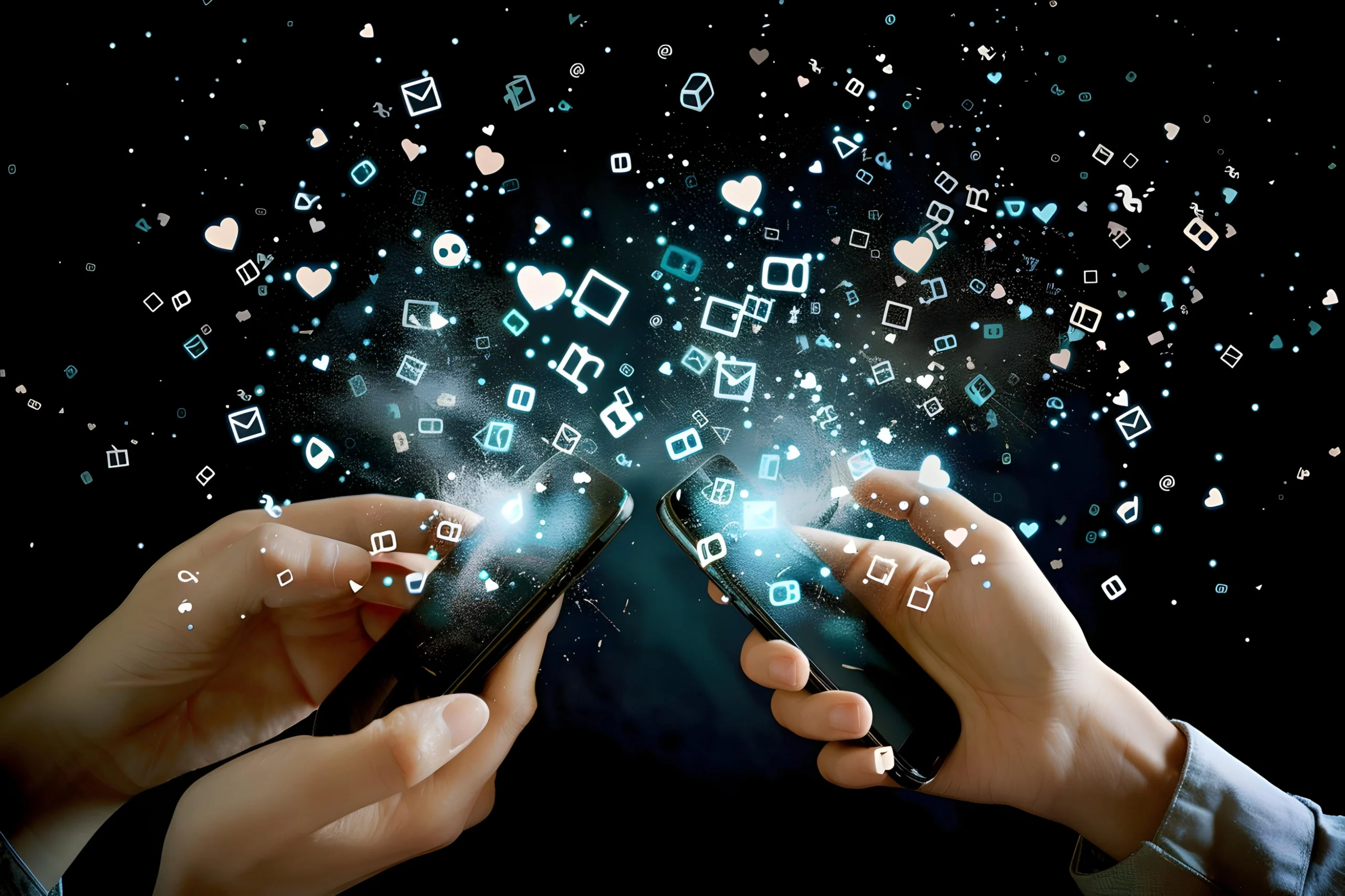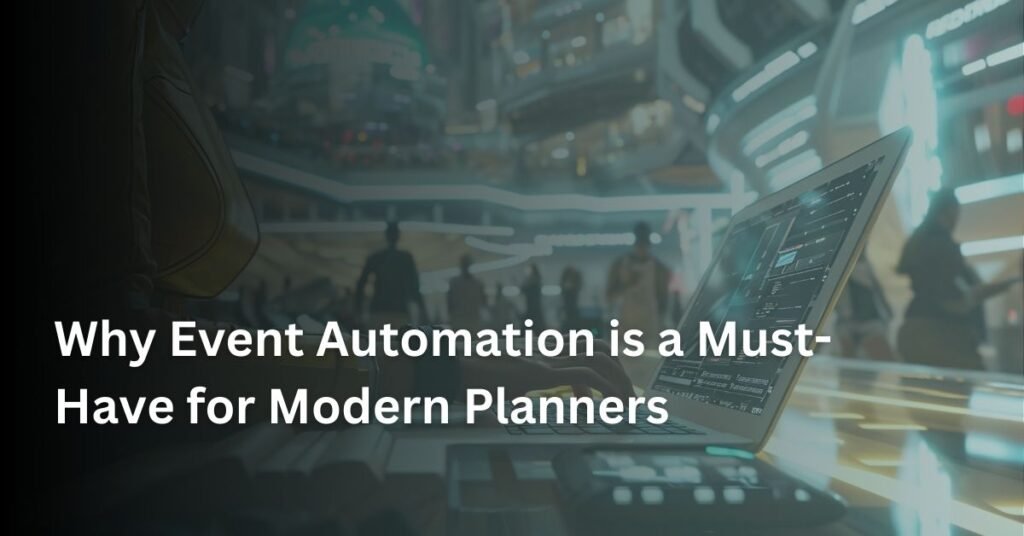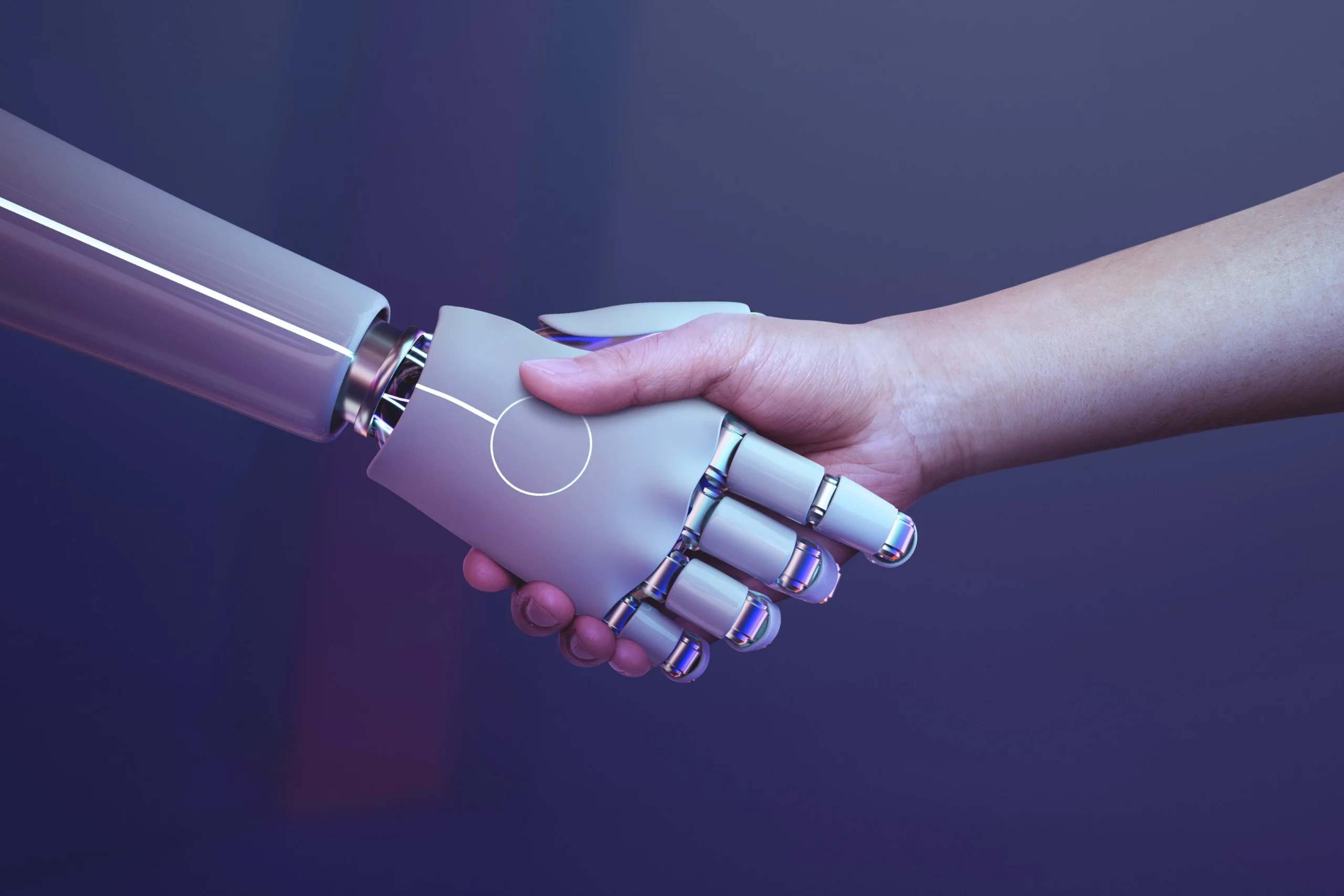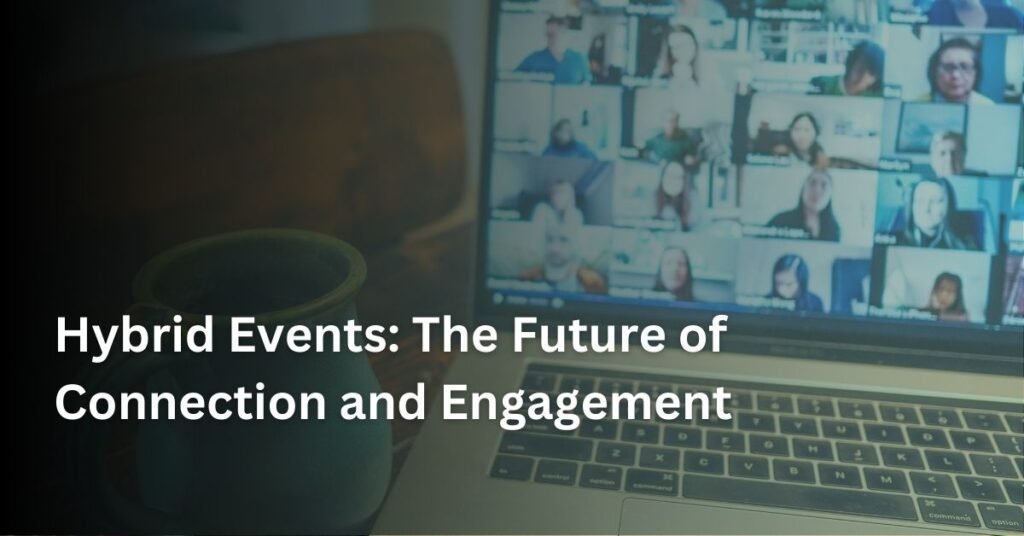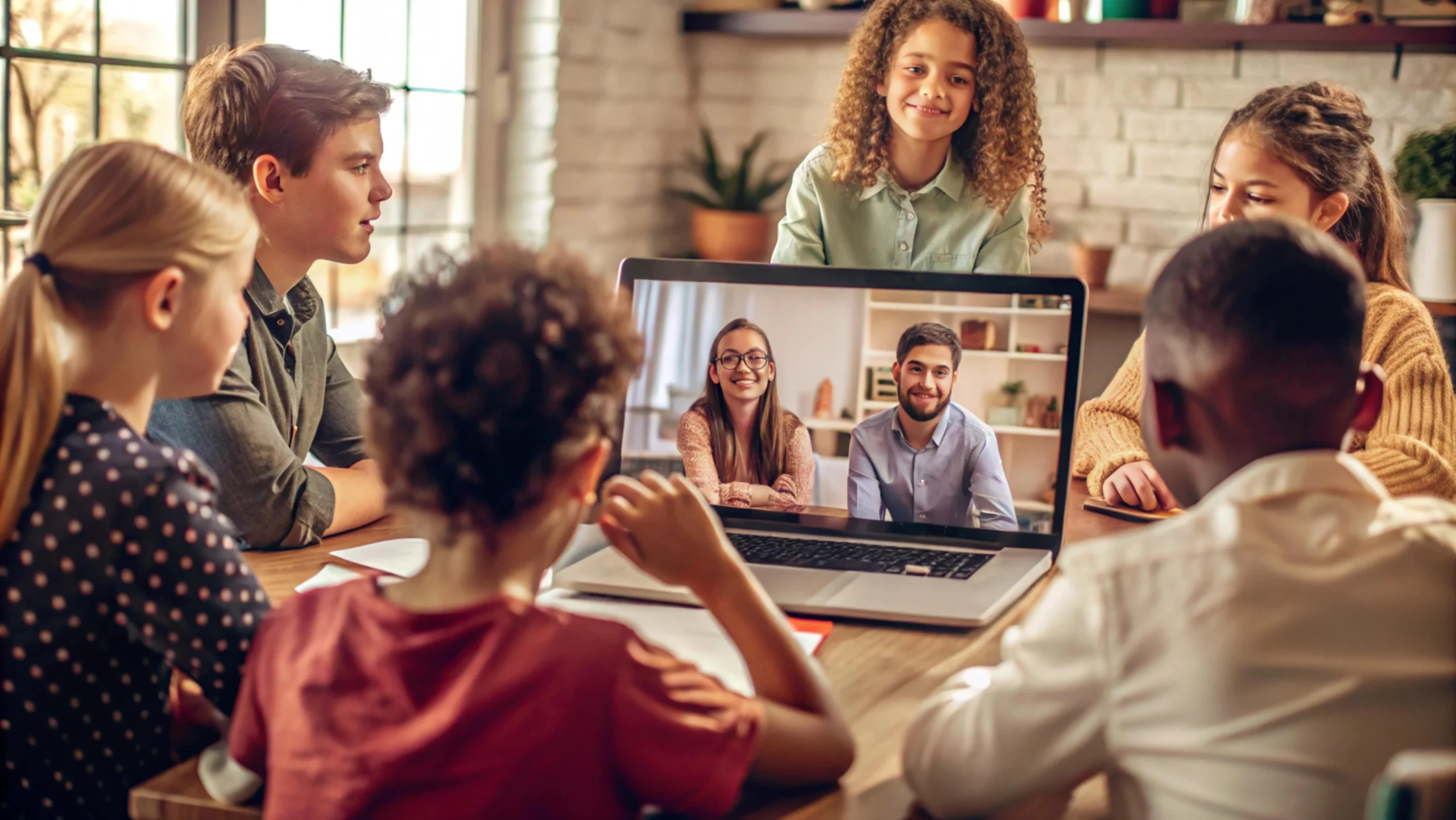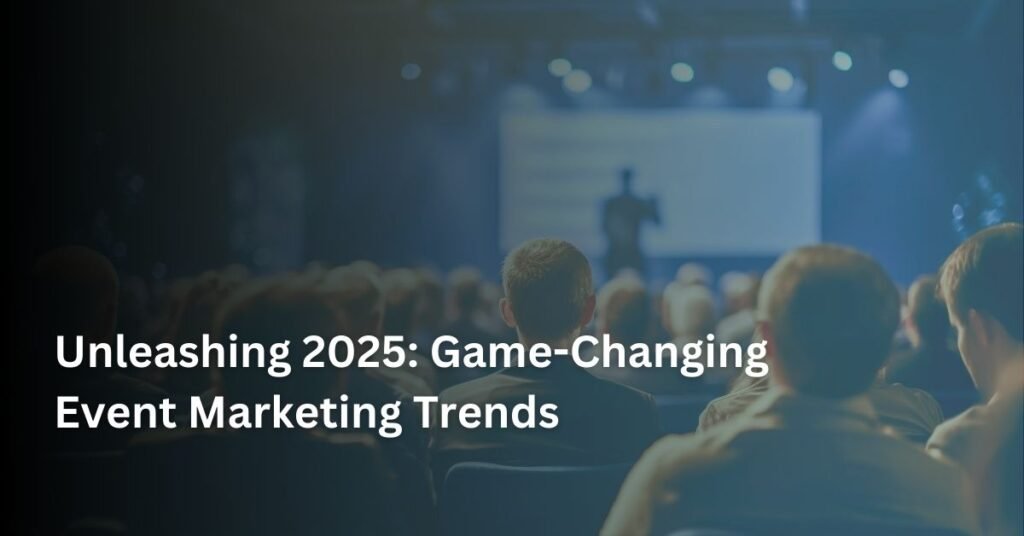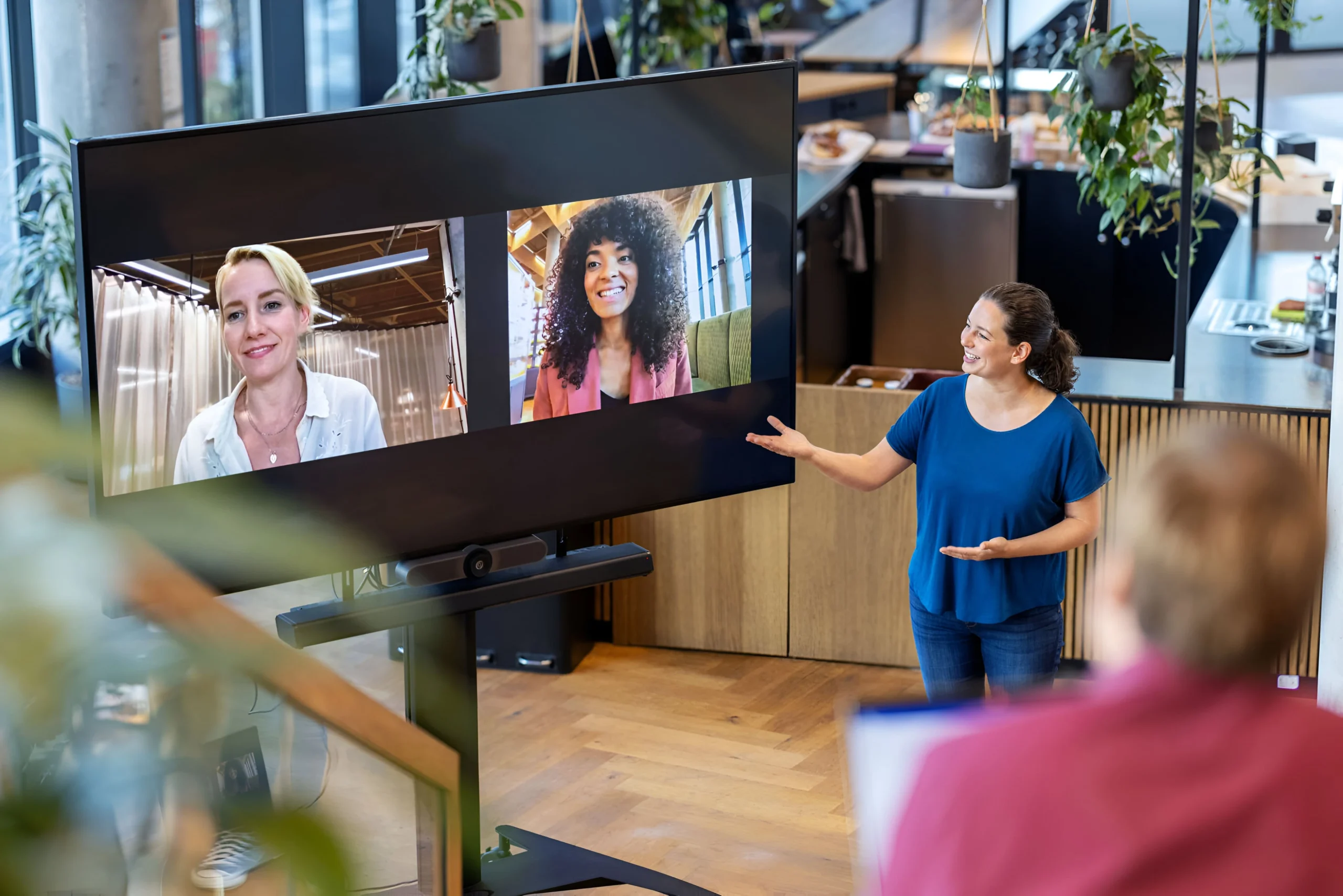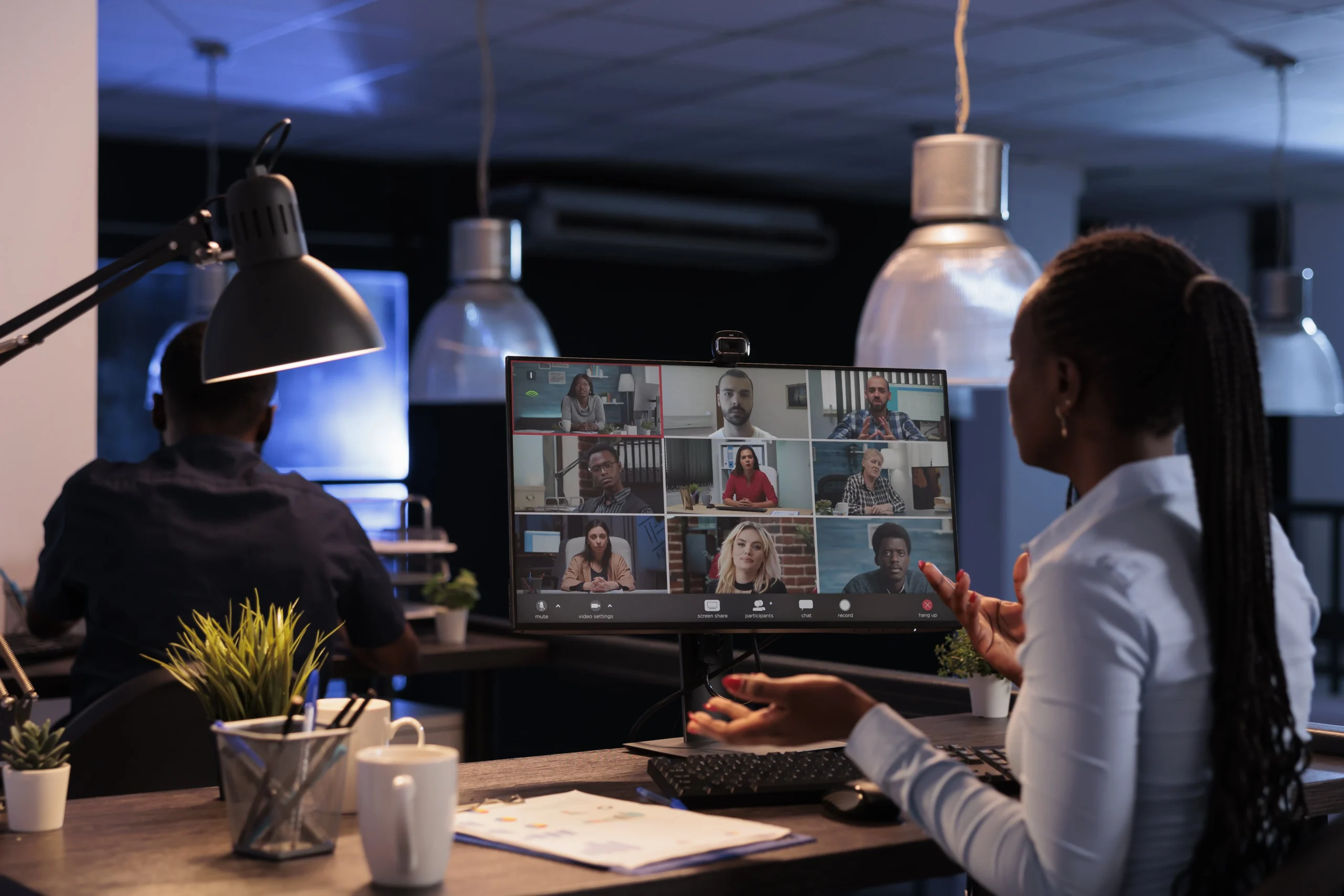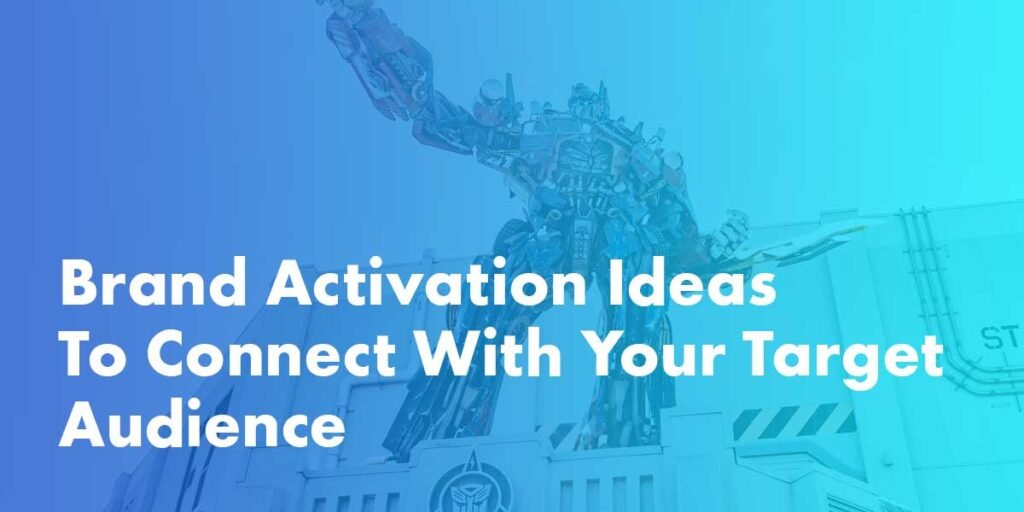Innovative Tech Trends: AR, VR, and AI in Events
As the event industry continues to evolve, technology plays a pivotal role in enhancing attendee experiences. From Augmented Reality (AR) to Virtual Reality (VR) and Artificial Intelligence (AI), these cutting-edge tools are reshaping how events are organized, marketed, and executed. In 2025 and beyond, we can expect these technologies to take center stage, offering more immersive and personalized experiences. This blog will delve into how AR, VR, and AI are making waves in the events industry and why embracing them is essential for staying ahead.
The Power of Augmented Reality (AR)
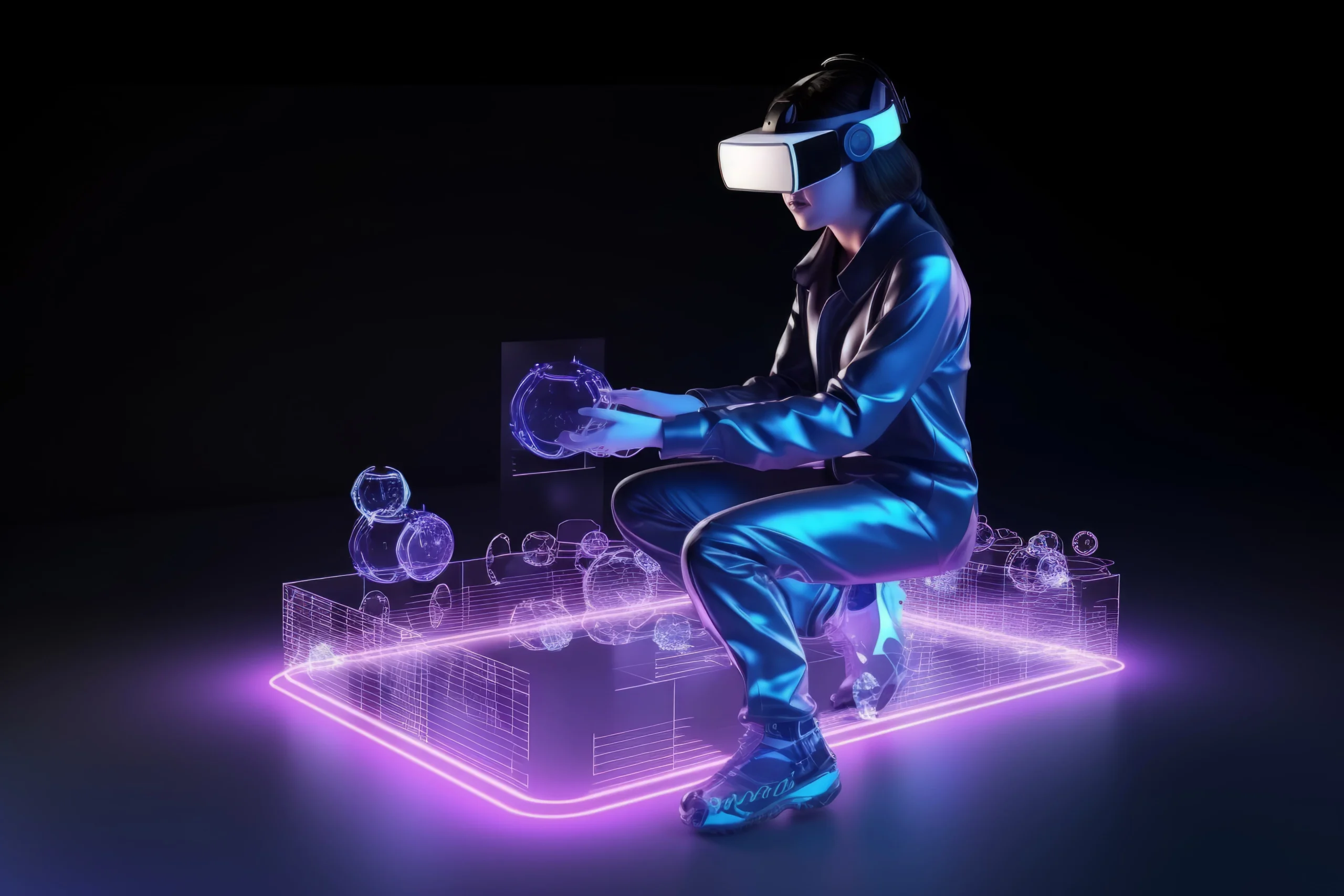
Augmented Reality (AR) has already shown tremendous potential in transforming the event experience. By overlaying digital content in the physical world, AR offers attendees interactive and engaging experiences. From event navigation to product demonstrations, AR can enhance both in-person and virtual events in ways that were previously unimaginable.
One example is how Coachella integrated AR into their festival app, allowing festival-goers to view 3D artwork and stage visuals through their smartphones. This not only created buzz but also extended the event’s appeal beyond the music. Similarly, corporate events can use AR for interactive product showcases or to provide real-time event information.
Additionally, AR is being increasingly used for event gamification. Attendees can engage in scavenger hunts or competitions that blend the physical and virtual worlds. According to EventMarketer, incorporating AR can increase audience engagement by up to 30%.
Immersive Experiences with Virtual Reality (VR)
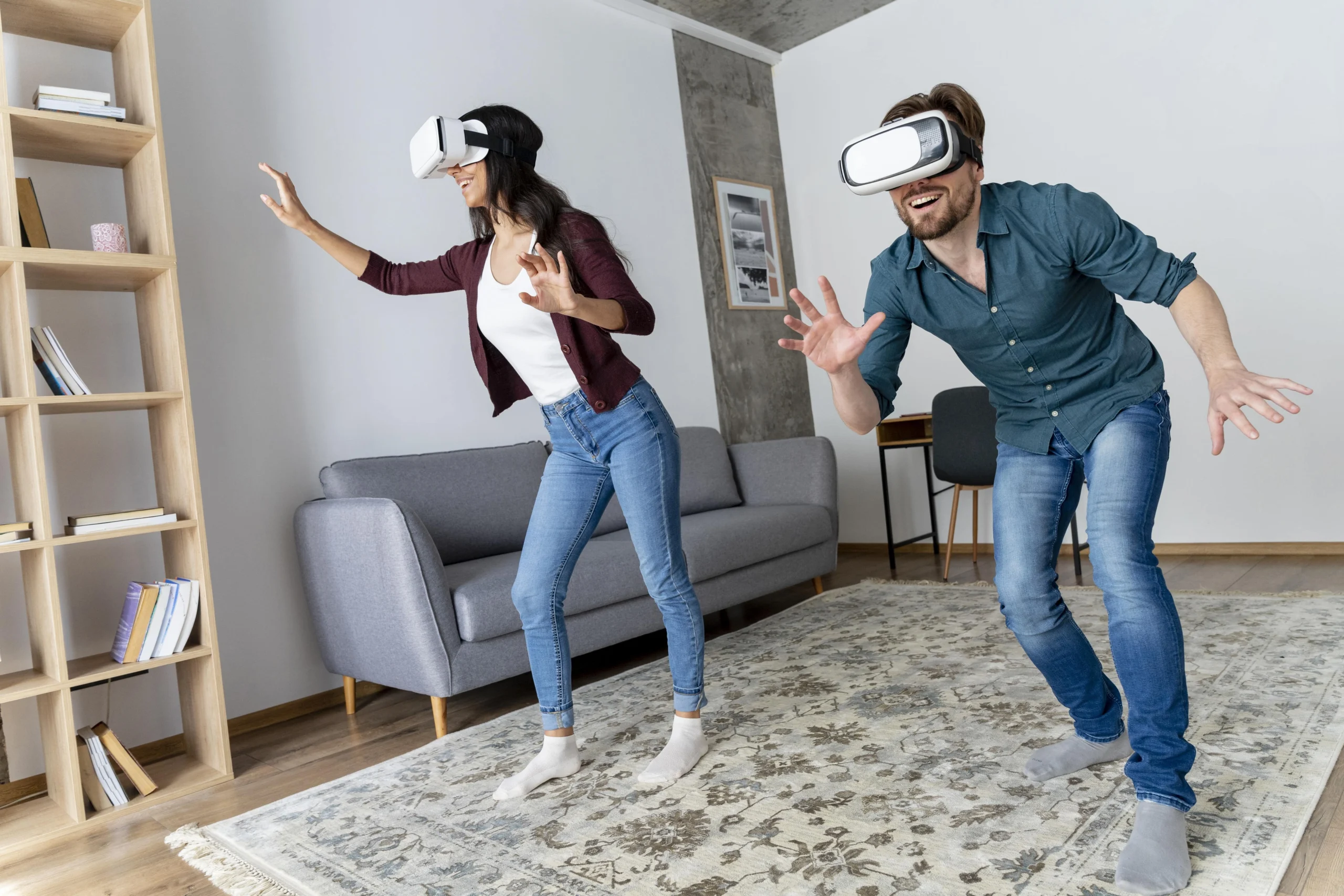
Virtual Reality (VR) takes immersion to the next level by creating fully virtual environments where attendees can interact and explore. While once limited to gaming, VR is now becoming mainstream in the event industry, especially as remote participation and hybrid events grow in popularity.
With VR, event organizers can create digital versions of physical venues, allowing virtual attendees to “walk through” an event space, visit booths, or even network with others via avatars. For instance, the SXSW conference leveraged VR for virtual attendees, offering them the opportunity to explore the event in a simulated environment. This bridged the gap between physical and virtual participation, ensuring inclusivity.
Beyond networking, VR offers immersive experiences like product testing or virtual tours. For industries like real estate or automotive, where physical interaction is critical, VR can simulate these experiences, making it an invaluable tool for event marketing and engagement.
AI for Personalization and Efficiency

While AR and VR focus on enhancing user experiences, Artificial Intelligence (AI) is working behind the scenes to improve event planning, marketing, and attendee engagement. AI tools can analyze data to provide insights, automate tasks, and offer personalized experiences based on attendee behavior.
AI-powered chatbots, for example, are now common in event apps and websites. These chatbots provide instant responses to attendee queries, assist with registrations, and even recommend sessions or activities based on user preferences. According to Forbes, AI chatbots improve user satisfaction by making event information easily accessible 24/7.
Moreover, AI can help event marketers segment their audiences more effectively. Tools like HubSpot use AI algorithms to analyze user interactions and predict which content is most likely to engage specific groups. This allows event organizers to create targeted marketing campaigns that resonate with different attendee segments, boosting registration rates and attendance.
Combining AR, VR, and AI for Enhanced Engagement
The true potential of these technologies emerges when they are used in combination. Imagine an event where an AI-driven chatbot recommends personalized sessions for each attendee. Meanwhile, AR guides them through the venue, and VR provides them with immersive experiences during the event. This integration of AR, VR, and AI creates a seamless, personalized experience for attendees, whether they are physically present or participating remotely.
A great example of this synergy is the Adobe Summit, where AI-powered tools and VR were used together to deliver a highly customized attendee experience. Participants could explore virtual booths and receive personalized recommendations through AI, enhancing the event’s overall value.
The Future of Events is Tech-Driven
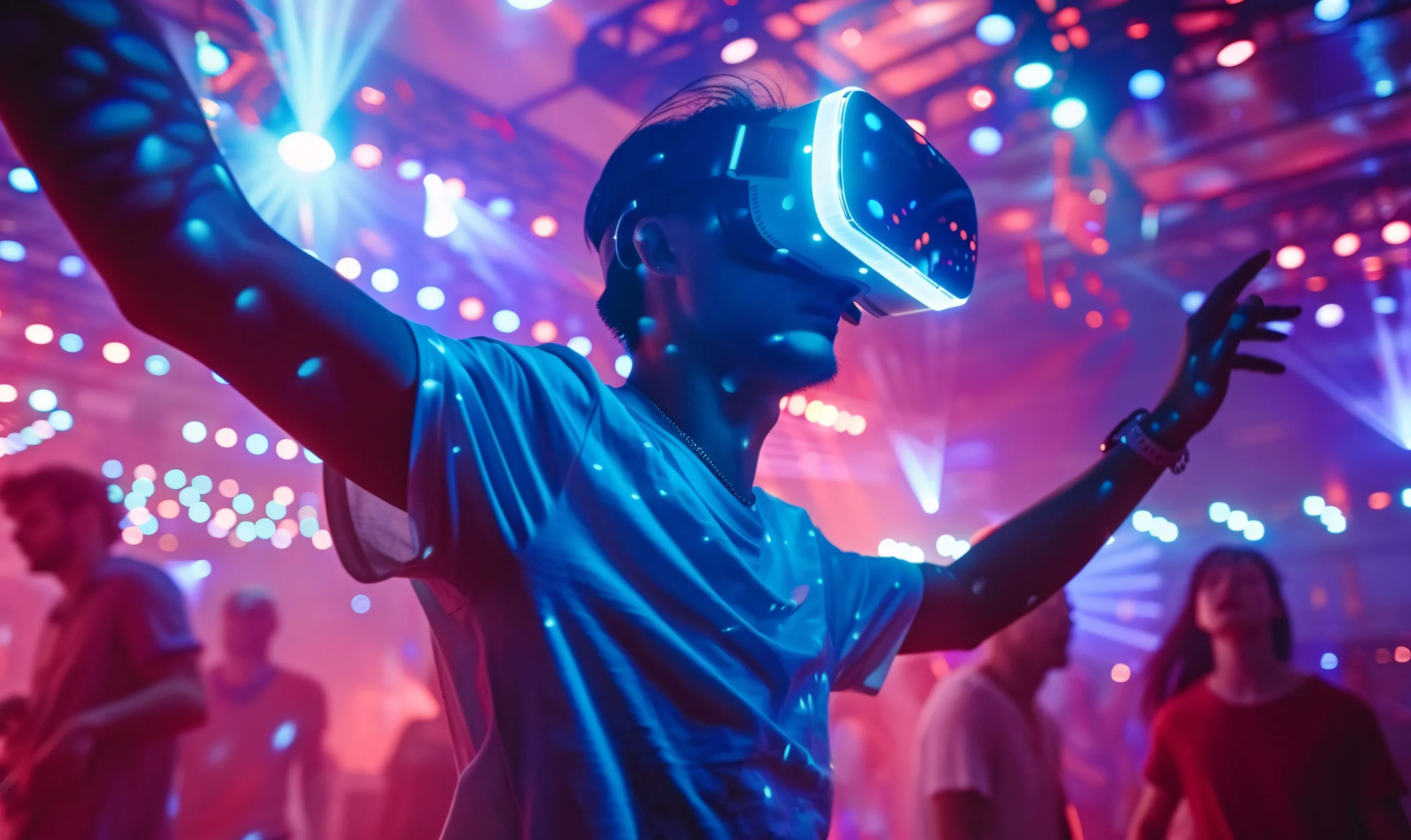
As AR, VR, and AI continue to advance, the future of events will become even more tech-driven. In a world where hybrid and virtual events are here to stay, event organizers who leverage these technologies will not only differentiate themselves but also create lasting memories for their attendees.
For event professionals looking to stay competitive, now is the time to explore how these technologies can be integrated into your event strategy. According to EventMB, 60% of event planners believe that AR, VR, and AI will become essential to future event success. Staying ahead means understanding how to use these tools to create meaningful, engaging, and efficient experiences for your audience.
Conclusion
For more such informational blogs and product insights, visit us at AttendeeGain. Looking for Branding or Digital Products Consultancy? check out BrandWorks.

Abhishek Kapoor
Abhishek Kapoor is the founder and creative head of BrandWorks Worldwide. His is an ex-Cvent and has worked in the event space for the last 13 years, providing branding and registration expertise to many clients globally.
Innovative Tech Trends: AR, VR, and AI in Events Read More »

